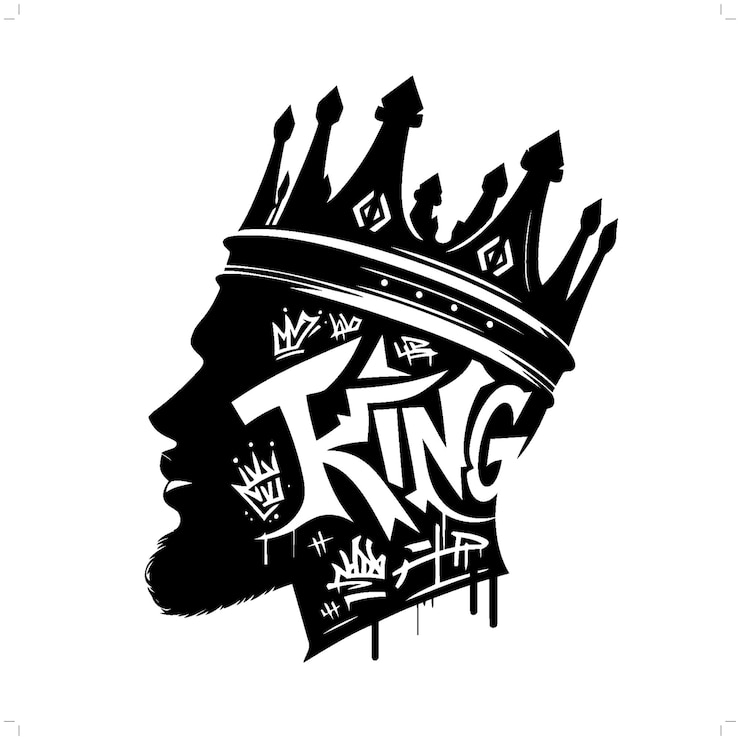The Smile Police Are Patrolling – Here’s How to Shut Them Down
We’ve all been there. You’re crushing your day, deep in thought about important life decisions (likewhether to order Thai or pizza), when suddenly an uninvited opinion crashes your mental party: “Youshould smile more!”Cue the eye roll. Someone has just appointed themselves the official guardian of your facial muscles.Congratulations – you’ve been ambushed by one of…
Anatomy of the Smile Police Attack

The Ambush
It strikes without warning. You’re minding your business – waiting for coffee, riding the elevator, or
simply existing in public space. Your face is doing whatever the hell it wants to do. Then, out of
nowhere…
The Assault
“You should smile more!”
These four words – often delivered with fake concern and a heaping side of condescension – represent
a direct invasion of your personal boundaries. The audacity is breathtaking.
The Aftermath
You’re left standing there, blindsided, wondering if you missed the memo about mandatory facial
expressions. Should you fake a grin? Explain yourself? Or magnificently intensify your resting face to
new, impressive levels?
Why This Microaggression Deserves Your Resistance
Before unleashing our arsenal of responses, let’s decode why this seemingly “innocent” comment is
actually worthy of your rebellion:

It accumulates: These small but frequent intrusions build up over time, creating genuine
psychological stress.
It’s outrageously presumptuous: The comment assumes the speaker knows your emotional
state better than you do.
It’s controlling: It suggests your face should perform for others’ benefit, not express your
authentic self.
It’s blatantly sexist: Women are targeted with this “helpful advice” far more frequently than
men.
It dismisses your genuine emotions: Whatever you’re feeling is apparently less important
than appearing pleasant for strangers.
Master the Art of the Devastating Comeback
Time to equip yourself with responses that are both civilized and subtly lethal. These comebacks aren’t
about starting fights – they’re about educating the clueless while protecting your dignity and
boundaries.

The Brilliant Deflection Strategy
● “I’m rationing my smiles during the current shortage. Haven’t you heard?”
● “I’m actually auditioning for ‘Intimidating Person #1’ in a Netflix series. How’s my
performance?”
● “My dermatologist strictly forbids unnecessary facial movements. These cheekbones don’t
maintain themselves.”
The Educational Takedown
● “Fascinating fact: excessive smiling is considered a sign of deception in high-stakes negotiation.
I’m simply practicing my poker face.”
● “You’ve unwittingly volunteered for my social experiment on unsolicited advice-givers. You’re
subject #127! How does it feel?”
● “I’m actually smiling internally. It’s an advanced mindfulness technique that conserves facial
muscle energy.”
The Mirror Method (Return to Sender)
● “You should give unwanted facial advice less.”
● “You should focus on your own expression more intensely.”
● “You should practice respecting other people’s emotional autonomy as a daily habit.”
The Philosophical Obliteration
● “If I smile at everyone, how would people know when I’m genuinely delighted to see them?”
● “I’m contemplating the fleeting nature of human existence. Care to join my existential crisis
instead?”
● “Does a forced smile actually count as happiness, or is it merely facial propaganda?”
When Humor Fails: Handling Persistent Smile Enforcers
Sometimes even your wittiest comebacks bounce off particularly determined smile police. For these
situations, deploy these more direct countermeasures
The Brutally Honest Approach
● “While I recognize your comment might be well-intentioned, commentary on my facial
expression crosses my personal boundaries.”
● “I’m currently experiencing [genuine emotion], which is perfectly valid and requires no
adjustment.”
● “My facial expression isn’t an open invitation for unsolicited optimization tips.”
The Boundary-Reinforcing Declaration
● “I express emotions on my terms, not according to random suggestions.”
● “My face, my rules. But thanks for the unsolicited feedback.”
● “I’m completely comfortable with how I’m presenting myself right now, but appreciate your
unnecessary concern.”

Assemble Your Anti-Smile-Police Survival Kit
Now let’s compile your emergency toolkit for future encounters with facial expression enforcers

- The Justice Mirror: A small mirror to redirect the smile police’s attention to their own
expression - Facial Freedom Cards: Pre-written comeback cards to flash when verbal energy is low
- “My Face Is Not Your Business” Badge: For days when you’re not in the mood for verbal combat
- Smile Rationing Coupons: To distribute when conserving your facial movements for worthy occasions
- Tiny Violin App: To play sad music for those deeply troubled by your lack of performative cheerfulness

Beyond Smile Policing: Crushing Other Unwanted Advice
The smile comment is just one star in the galaxy of unsolicited advice. Here’s how to handle other classics
“You’ll Change Your Mind About Kids”
● Comeback: “Your crystal ball seems defective. Have you considered a warranty claim?”
“Have You Tried This Miracle Diet?”
● Comeback: “Have you tried minding your own nutritional jurisdiction?”
“You Just Haven’t Met the Right Person Yet”
● Comeback: “Actually, I meet perfect people daily. They’re the ones who don’t offer relationship advice.”
The Bigger Picture: Conquering Microaggressions
Comments like “smile more” belong to the broader category of microaggressions – those subtle but harmful discriminatory jabs that accumulate over time. Here’s your strategic plan for addressing them:
- Assess safety: Determine if the environment allows for a meaningful response
- Calculate value: Decide if this particular battle deserves your energy
- Deploy “I” statements: “I feel uncomfortable when…” often penetrates defenses better than accusatory language
- Activate support network: Share experiences with allies who understand
- Prioritize self-preservation: Dealing with frequent boundary violations requires intentional mental health maintenance
Spark the Facial Freedom Revolution
Imagine a world where people could express their full emotional spectrum without commentary. Let’s normalize these alternative approaches:
● “You seem contemplative today. I respect that space.”
● “I appreciate seeing authentic facial expressions in a world of forced positivity.”
● “Your current expression is completely valid, whatever story it’s telling.”
Your Face, Your Empire: Rule It Absolutely

Remember this fundamental truth: your face is your personal domain, and you reign supreme over its every movement. Whether you’re radiating joy, focusing intensely, or simply existing in neutral territory, your expression requires no justification or adjustment for anyone’s comfort but your own.
The next time someone suggests facial modifications, deploy one of these strategic comebacks. Or, if you’re feeling particularly rebellious, flash a smile so unnervingly wide that they’ll think twice before offering facial choreography tips again.
So march forward confidently with your face telling whatever story it damn well pleases – frowns, smirks, eye-rolls and all. If anyone objects, that’s fundamentally their problem, not yours.
“Your expression is your most powerful accessory – wear it authentically or don’t wear it
at all.” – Modern Wisdom
Now excuse me while I perfect my “fascinated yet slightly murderous” look. It’s particularly effective forresponding to strangers with opinions about my facial architecture. Smile if you want to – or don’t.
Either way, we’re here for it.








1 thought on “Demolish the “You Should Smile More” Comment: Your Ultimate Weapons Guide”
I am me….Ren